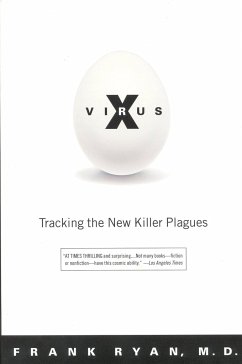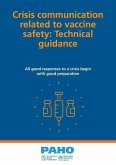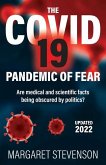AIDS, Ebola, "mad cow disease," "flesh-eating" viruses...Today's newspapers are full of articles about new plagues & viruses. Where do these new viruses come from? Why do new plagues arise? Could there be - will there be - a lethal & incurable Virus X that spreads as easily as the common cold? The author, a renowned authority on diseases, presents a radical theory about the origin of deadly microbes in a book that takes us into the "hot zones" of today's most dangerous viral outbreaks, then into the research labs & hospitals where doctors & scientists are risking their lives trying to control them.
Bitte wählen Sie Ihr Anliegen aus.
Rechnungen
Retourenschein anfordern
Bestellstatus
Storno






![The Good Doctor's Guide to Colds and Flu [Updated Edition] The Good Doctor's Guide to Colds and Flu [Updated Edition]](https://bilder.buecher.de/produkte/61/61147/61147641m.jpg)

